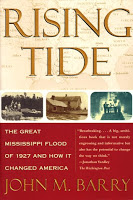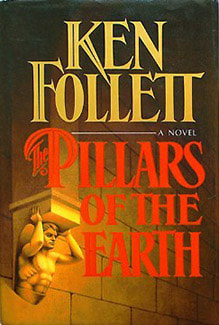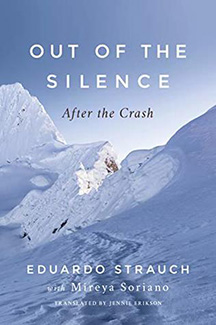I have affiliate relationships with Bookshop.org and Malaprop's Bookstore in beautiful Asheville, NC. I will earn a small commission at no additional cost to you if you purchase merchandise through links on my site. Read more on my affiliate page.

Telling the story of an epic flood of the Mississippi River in 1927, this book explores the early history of flood control efforts and a rivalry that made flood controls at the time practically a joke, the politics involved in decisions for handling the flood itself, the politics of disaster relief, and the impact of the flood into the future.
It’s too much. There is a ton of interesting detail in this book, but I got bogged down in the details. Any one of the above aspects of the flood would have made an interesting, shorter book on its own. Putting them all together made me read at a stupefying pace and left me confused as to who was who and what was going on where. Just too much.
However.
The author makes a lot of good points. He asserts that the flood was responsible for hundreds of thousands of African Americans migrating out of the Mississippi River valley, the slow decline of New Orleans, the death of a way of life in the South, the eventual shift of the black vote to Democrats, the beginnings of big government in America, and could someday lead to the mouth of the Mississippi transferring over to the Atchafalaya. It’s interesting to see how one event led to so many changes in America.
Reading this as the Mississippi is currently having another epic flood is interesting too. I have to say that I’ve gotten pretty good at keeping my head in the sand when it comes to national news, but this flood has even made it into my awareness. Today’s flood is being compared to the flood of 1927. I read a brief article about it before I wrote this review, and I now have an understanding of the flood control measures that are in place, precisely because of the 1927 flood. I feel horrible for the people who live on the wrong side of the levee(s?) we have blown up to save bigger cities. I don’t know what the answer to that is, but I hope that we treat these people better than people in similar situations were treated in 1927.
Parts of the book just enraged me. All the back room deals that the men in positions of power made was ridiculous. I’m not naive, I know it still happens, but seeing it spelled out like this is maddening. Elected officials had no power and no voice in any of the decisions made about the 1927 flood. The men with the money were trying to protect their own interests, with little to no regard to how their decisions affected those who were already barely surviving. It is amazing what a talent politicians and powerful people have for believing the science that is convenient for them. Many things were effectively shown to them (for example, it was unnecessary to blast a levee to save New Orleans), yet they went ahead and did what they wanted to do anyway. And then there were the race issues. Holy cow. It was nasty. In some areas, black men were forced to work on the levees for food. If they didn’t work, the whole family went hungry. There was no question of receiving any actual pay, when they had lost what little they had in the flood as well. They were beaten and killed and whipped and just treated worse than farm animals. Truly. Farm animals trapped on the levees were evacuated on boats while black families were left behind to continue working.
It took me about two months to wade through this ~430 page volume. History like this isn’t typically my first choice in reading material, so those who do have a bigger tolerance for straightforward history will enjoy it more than I did. I do feel that I learned a lot, I just wish I hadn’t had to work so hard to finish this!
Read an excerpt.
Find author John M. Barry on his website.
I read this for my own Dewey Decimal and Southern Literature Challenges.
I have an affiliate relationship with Malaprop’s, my local independent bookstore, and Better World Books. I will receive a small commission at no cost to you if you purchase books through links on my site.





3 Comments
I tried to read this. I was about 1/3 of the way in when Hurricane Katrina struck. It hit too close to home and I put the book down, to never pick it up again. Honestly though I was kind of looking for an excuse to put it down. Barry is way too detail-oriented and it does bog his writing down. I did read all of Influenza and that's pretty much how I felt about it. Good for you with sticking to it though!
I am impressed that you stuck with it; I HATE when books get too mired in the detail. They make me feel like becoming an armchair editor and I want to grab a red pen.
Still, like you said, it sounds like it had some really good points and the timing is perfect.
Phew! Way to stick with it! I enjoy history but it does take me forever to wade through a book sometimes.